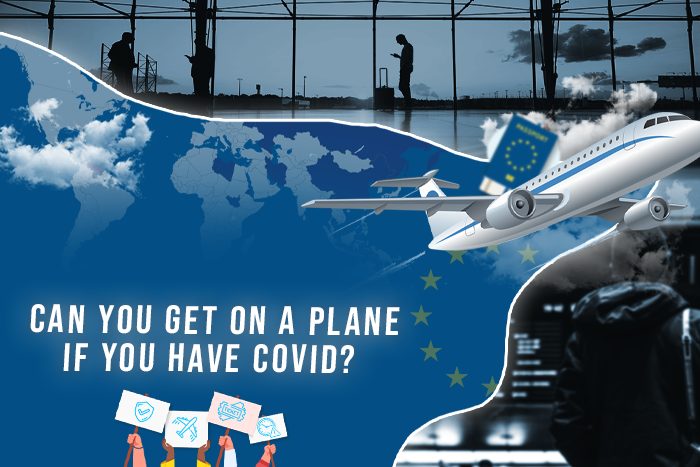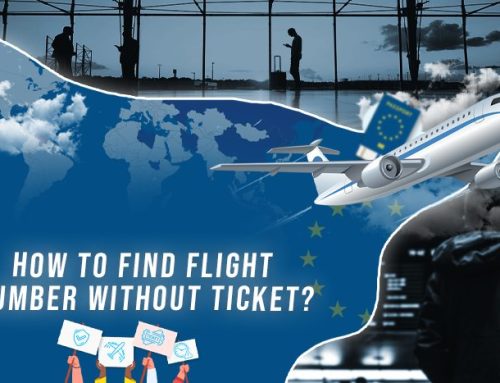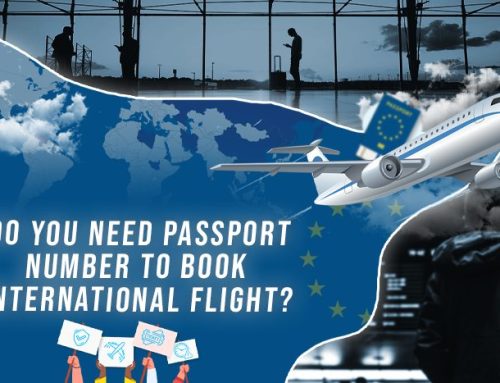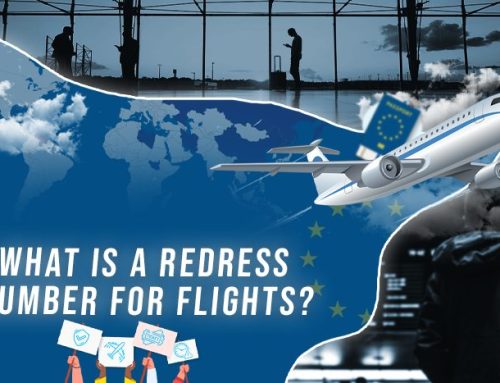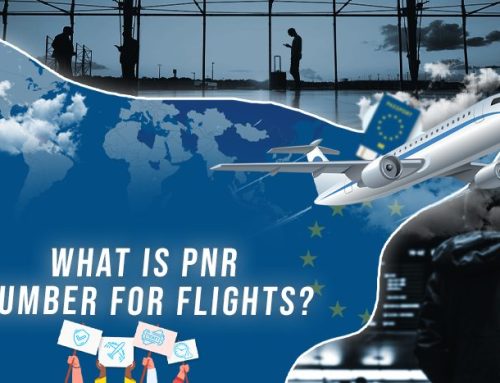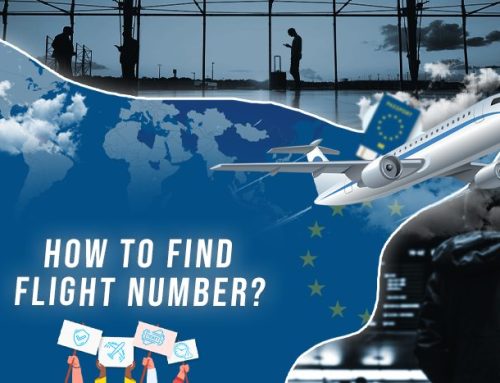COVID-19 has changed how we travel, with restrictions changing from day to day and from country to country based on infection rates. If you have COVID-19, you cannot get on a plane, even if you wear a mask.
Key Takeaways
- If you are COVID-19 positive, you cannot get on a plane as you risk infecting other passengers, causing an outbreak on the plane that can have far-reaching consequences.
- Many airlines and countries require proof of a negative COVID-19 test or proof of vaccination before checking in and boarding your plane, and you may be required to undergo a quarantine period at your destination.
- If you cannot board a plane because you are COVID positive, cancel your flight as soon as possible, and be prepared to show proof of a positive test for a more lenient fare or refund policy.
- Before traveling, check the COVID-19 requirements of your destination and prepare for the strictest requirements while traveling.
- If you are experiencing any symptoms before traveling, get a test, even if the airline does not require it, and avoid getting trapped somewhere and being unable to return home.
Proof Of Negative Test May Be Required
If you have tested positive for COVID-19, you cannot fly on the plane because COVID-19 is a highly contagious disease passed primarily through airborne particles and droplets. The stale air cycles through an airplane, so those who are COVID-19 positive should not travel while positive – even with the purification systems that are in place in airplanes. You will risk infecting all those around you, causing an outbreak on the plane that can have far-reaching consequences.
Many airlines and countries require proof of a negative COVID test before checking in and boarding your plane. If you cannot provide a negative test or proof of vaccination, you may be unable to board your flight. Once you land at your destination, you may be required to undergo a quarantine period to prevent the spread of COVID-19, though many of these periods have been shortened or stopped entirely based on new research.
However, before traveling, it’s essential to check the COVID-19 requirements to know what to expect. Some countries have lifted their social distancing and mask requirements, while others have kept them in place. There are no standards from country to country or even city to city regarding COVID requirements, so it’s better to be safe than sorry and prepare for the strictest requirements while traveling.
What To Do If You Can’t Fly Due to COVID?
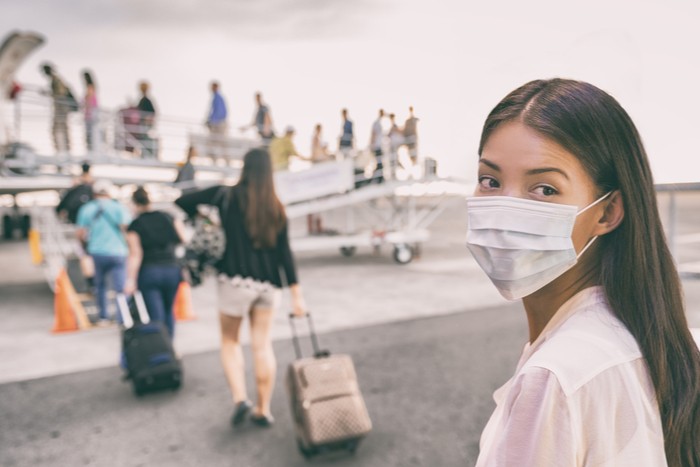
If you cannot board a plane because you are COVID positive, you must cancel your flight as soon as possible. You should never get on a plane if you have an active COVID-19 case because you risk the health and wellbeing of those around you. If you have COVID, follow the requirements in your area, which include quarantining and isolating from others to prevent the spread.
You may be able to cancel your flight online if you are within the free cancellation window or can show proof of a positive test. Make sure to read through the fine print to ensure you’re not liable for the fare. If your trip was refundable, you shouldn’t have an issue, but if it was non-refundable, you might run into some problems.
Call your airline to speak with a customer service representative and explain your situation if that’s the case. Offer to show proof of a positive test as validation. Many airlines have implemented a COVID-19 flexible travel waiver due to the pandemic. They don’t want people who test positive to fly rather than risk losing their money, so they will be more lenient with your fares, even if you bought a non-refundable ticket.
The process will vary from airline to airline, so read the fine print before booking. You should be able to reschedule your flight as soon as you test negative, so retest every day. There are no restrictions on flying as soon as you have a negative test. Additionally, many airlines will waive the negative test requirement if you have had COVID-19 within 180 days and are outside of your quarantine period. This is because it is believed that you cannot catch COVID again within three months of your initial infection.
COVID-19 continues to impact our daily life, including how and when we travel. If you are experiencing any symptoms before traveling, get a test, even if the airline does not require it. You cannot get on a plane if you have COVID, so it’s best to know before getting trapped somewhere and being unable to return home.
Frequently Asked Questions
-
Can I get on a plane if I have COVID-19?
No, if you have COVID-19, you cannot get on a plane, as you risk infecting other passengers and causing an outbreak.
-
Can I provide proof of vaccination instead of a negative COVID test to board a plane?
Many airlines and countries require either proof of vaccination or a negative COVID test to board a plane. Check the requirements for your destination before traveling.
-
What happens if I cannot provide a negative COVID test or proof of vaccination?
If you cannot provide a negative COVID test or proof of vaccination, you may be unable to board your flight.
-
What should I do if I test positive for COVID-19 before my flight?
If you test positive for COVID-19 before your flight, you should cancel your flight and isolate yourself from others to prevent the spread.
-
Can I reschedule my flight if I test positive for COVID-19 before my scheduled departure?
Yes, many airlines have implemented a COVID-19 flexible travel waiver due to the pandemic, which allows passengers to reschedule their flights if they test positive for COVID-19 before their scheduled departure.
-
What should I do if I experience COVID-19 symptoms before traveling?
If you experience COVID-19 symptoms before traveling, get a test even if the airline does not require it. Do not get on a plane if you have an active COVID-19 case.
